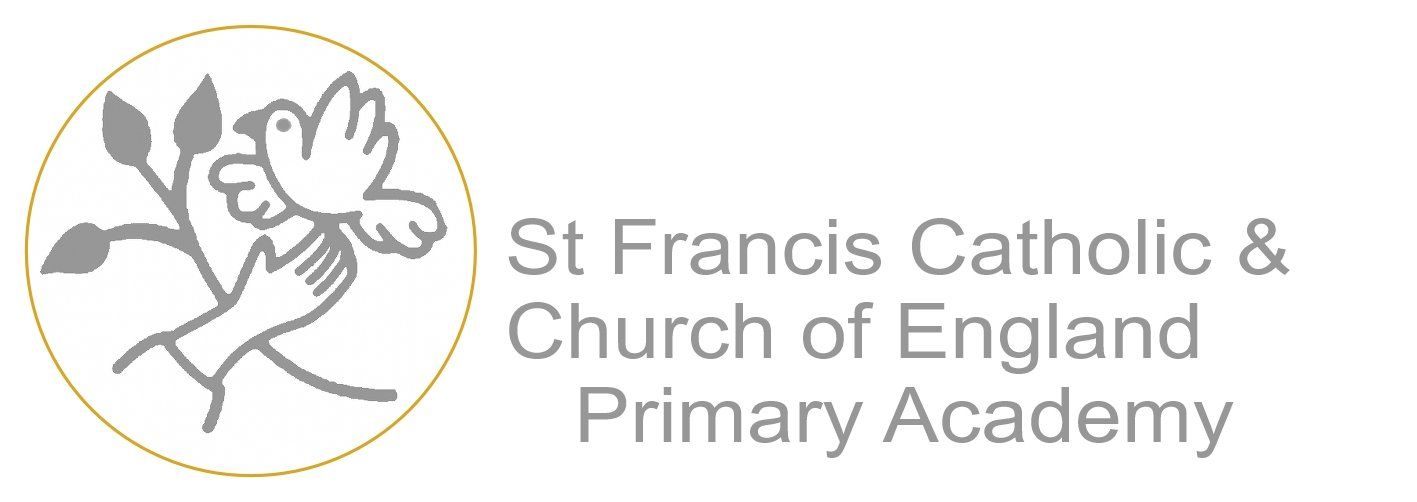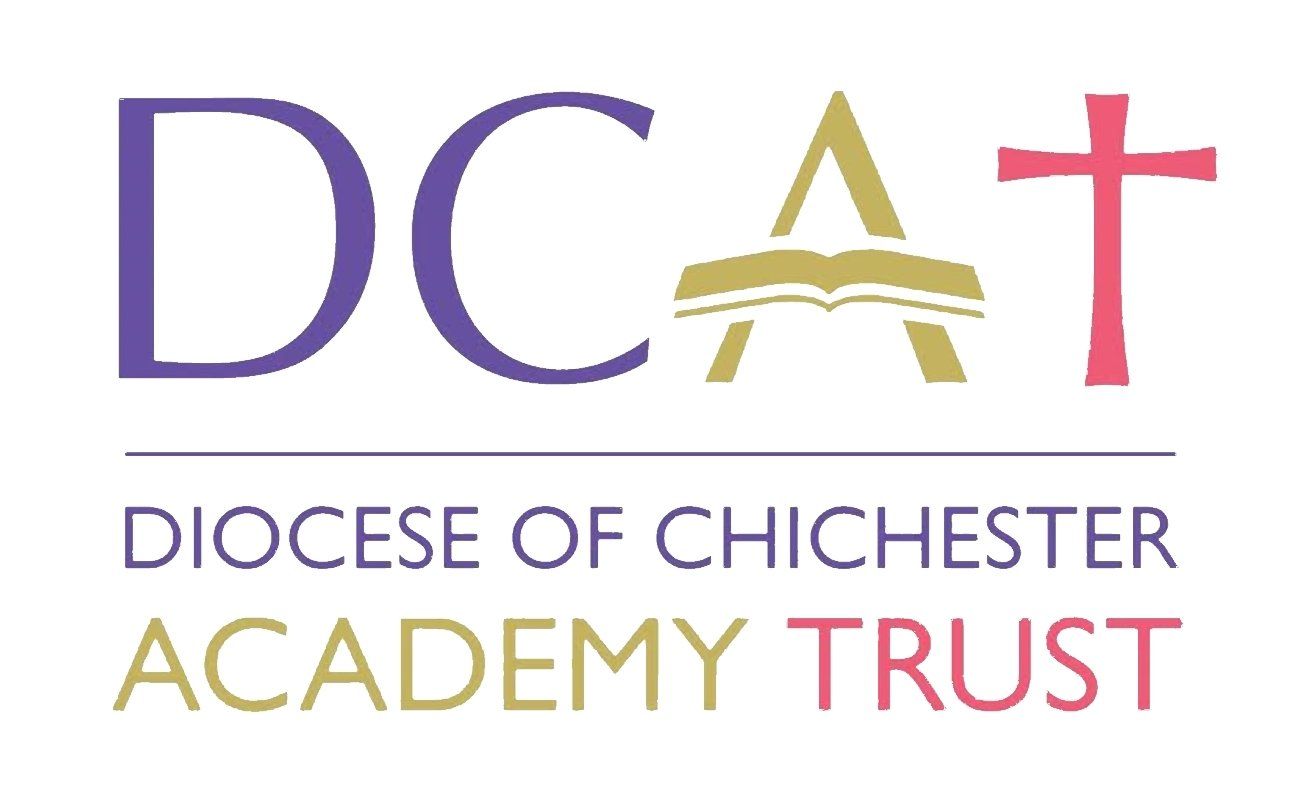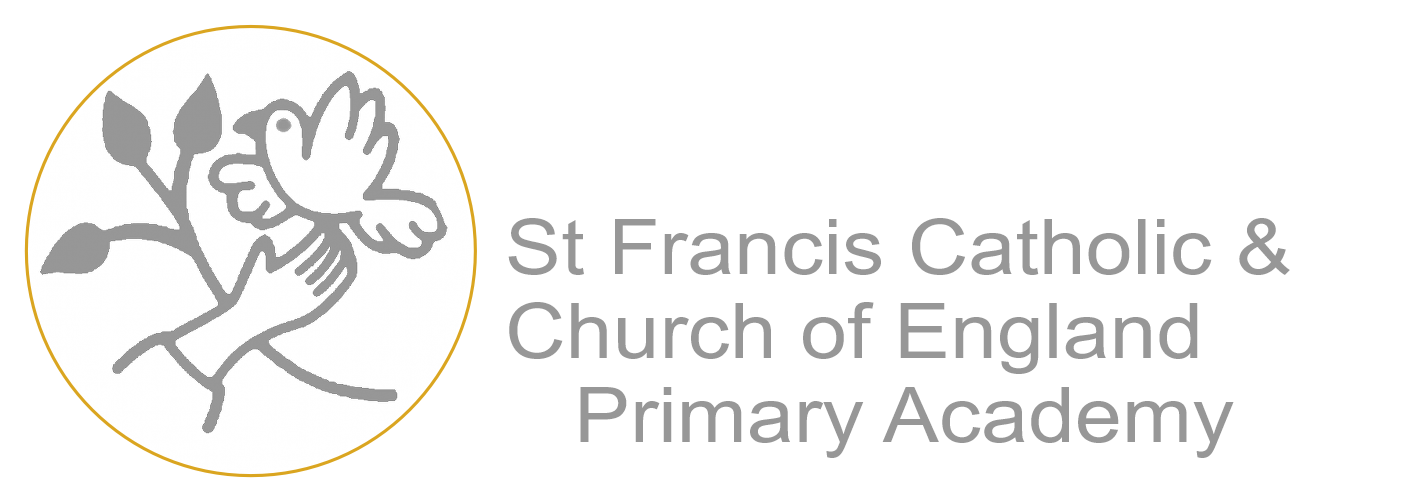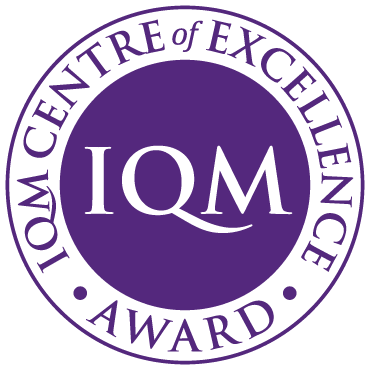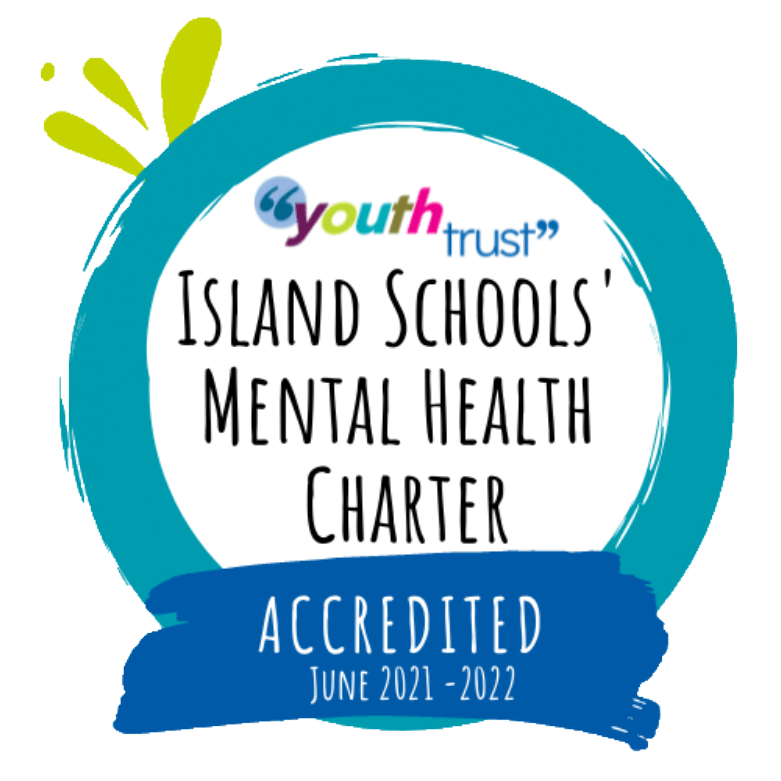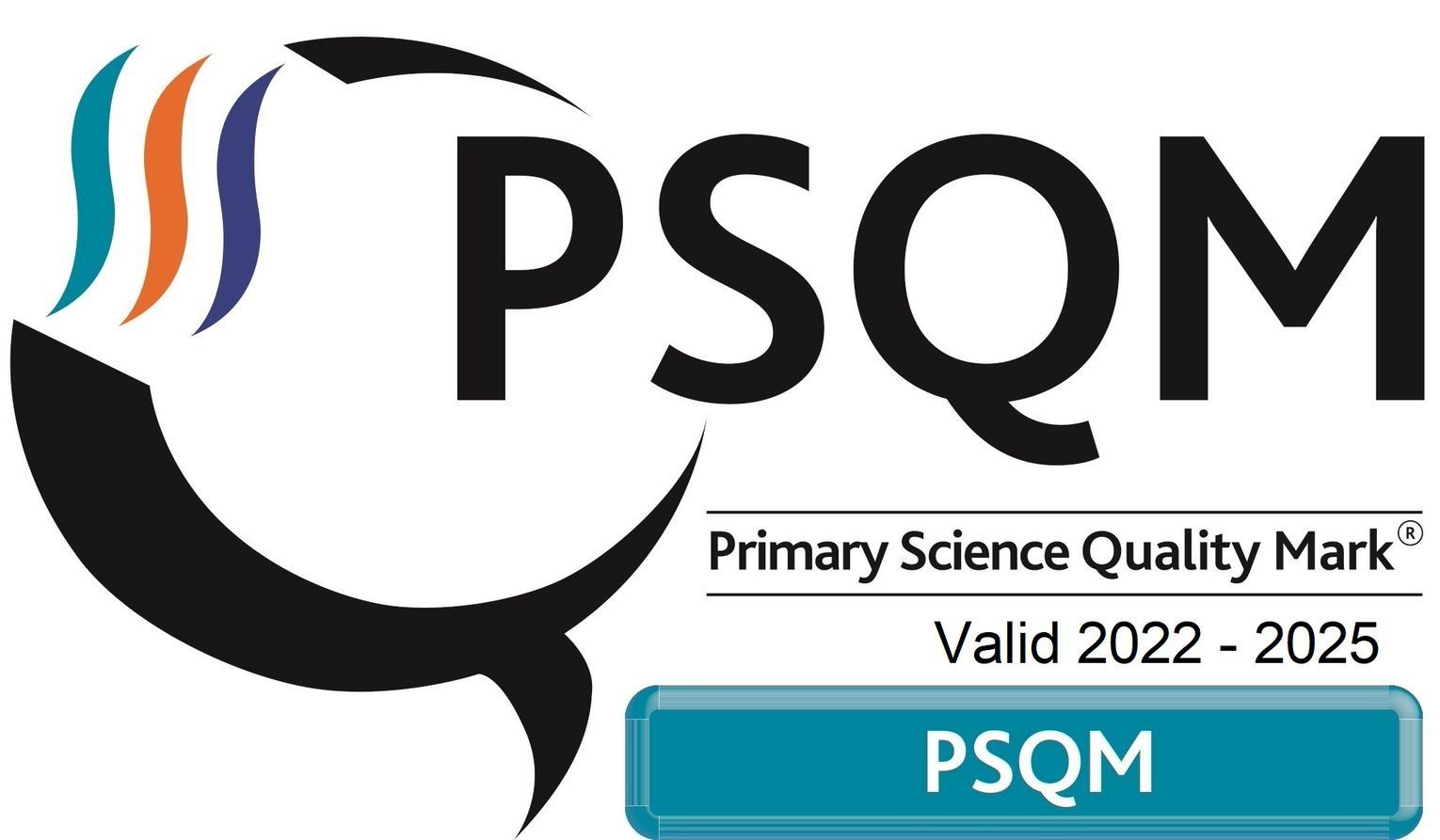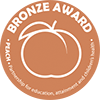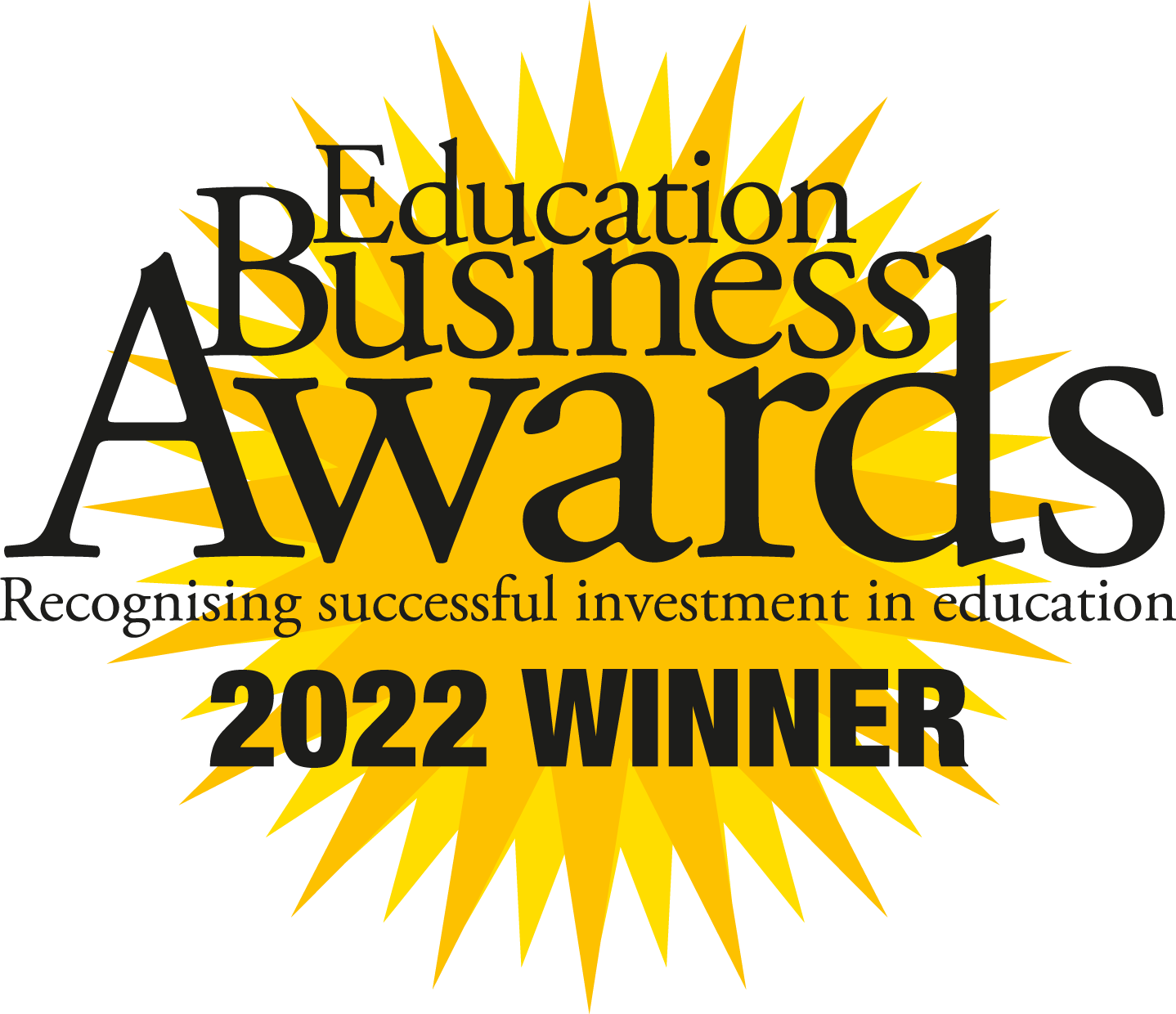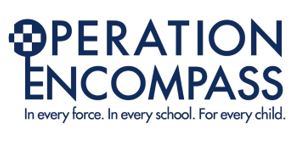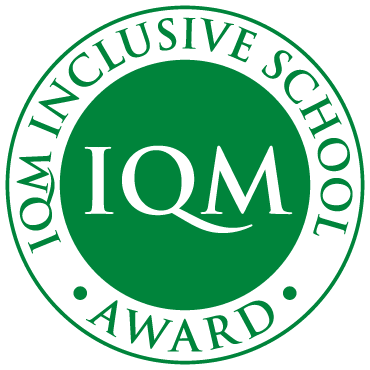Curriculum Overview
1. Intent
As a school, we are committed to our mission:
- A Christian School which serves its community.
- Inspiring values for life and life-long learning
- Nurturing spirituality, respect for self and others.
- Pursuing excellence for all.
- Challenging all children to achieve their very best.
- Enabling all to recognise and celebrate their gifts and talents.
The learning characteristics and mission underpin the agreed aims of the school. In the course of their daily work, the staff will contribute to the development of this ethos through promoting the Christian values of:
Love
We show Love when we…
Treat others as we would like to be treated
Matthew 7 12 Do for others what you want them to do for you: this is the meaning of the Law of Moses and of the teachings of the prophets.’
Are kind, honest and gentle
Ephesians 4 32 ‘Be kind and merciful to one another, forgive one another, just as God has forgiven you in Christ.
Courage
We show Courage when we…
Persevere and give it a go!
Luke 5 5 “Master,” Simon answered, “We worked hard all night long and caught nothing. But if you say so, I will let down the nets.”
Show pride in ourselves and our work
Luke 16 10 ‘Whoever is faithful in small matters will be faithful in large ones.’
Friendship
We show Friendship when we…
Remember that everyone matters
Matthew 19 14 ‘Let the little children come to me and do not hinder them, for the Kingdom of Heaven belongs to such as these.’
Use our good manners at all times
Luke 7 44-46 ‘…you gave me no water for my feet, but she has washed my feet with her tears and dried them with her hair.’
2 Legislation and guidance
3. Roles and responsibilities
- A robust framework is in place for setting curriculum priorities and aspirational targets
- The academy is complying with its funding agreement and teaching a "broad and balanced curriculum" which includes english, maths, and science, and enough teaching time is provided for pupils to cover the requirements of the funding agreement
- Proper provision is made for pupils with different abilities and needs, including children with special educational needs (SEN)
- The school implements the relevant statutory assessment arrangements
- It participates actively in decision-making about the breadth and balance of the curriculum
- All required elements of the curriculum, and those subjects which the school chooses to offer, have aims and objectives which reflect the aims of the school and indicate how the needs of individual pupils will be met
- The amount of time provided for teaching the required elements of the curriculum is adequate and is reviewed by the governing board
- They manage requests to withdraw children from curriculum subjects, where appropriate
- The school’s procedures for assessment meet all legal requirements
- The governing board is fully involved in decision-making processes that relate to the breadth and balance of the curriculum
- The governing board is advised on whole-school targets in order to make informed decisions
- Proper provision is in place for pupils with different abilities and needs, including children with SEN
- Other staff will ensure that the school curriculum is implemented in accordance with this policy.
4. Implementation
- The curriculum is designed to be topic based, centred on different aspects of the Isle of Wight. The St Francis curriculum builds knowledge and skills and deepening understanding over time using a spiraling assessment framework which is underpinned by the national curriculum.
- Our learning values of Aspiration, Opportunity and Confidence permeates through everything we do and are bespoke to the community that we serve.
- British values are taught through both PHSE and are embedded within our Christian Values and ethos of Love, Courage and Friendship.
- Planning is sequenced as below:
- Throughout Key Stage 1 and Key Stage 2 a wide variety of teaching and learning approaches and styles are used to promote pupil engagement with the curriculum and deepen understanding.
- Lesson are taught as discrete subjects, however we also look to build cross curricular links to strengthen and deepen children's learning.
- In both Key stages we have four core subjects on English, Maths, Science and Religious Education. All other subjects are regarded as Foundation subjects.
- Spanish is taught in Key stage 2.
- We aim to take advantage of whole school environment, both inside and outside and use the Isle of Wight a vehicle to regularly contextualise children's’ learning within the curriculum.
- Long term plans are submitted at the start of the academic year. Medium-term planning detailing skills and knowledge for the topic is submitted to the Principal/ Vice-Principal on a half-term basis and reflective daily plans for English, Mathematics are located in the teachers planning folder. Plans are based upon previous assessment data, pupils need and the skills and knowledge for that subject.
- At St Francis Catholic and Church of England Primary Academy, children within the Early Years setting learn to read through the Jolly Phonics programme.
- As the children progress in Key Stage 1 they are given a rich and inspiring tapestry of reading schemes that include; ‘Read, Write, Inc’ (phonics); Story worlds and Oxford Reading Tree.
- Collective Worship is a daily time when the children gather together to reflect upon aspects of the world and their lives that we believe need consideration. Collective Worship is of Christian in nature and has a well-planned balance of themes, which are linked to our School Values.
- All pupils will receive termly ‘Knowledge Organisers’ which are designed to introduce, consolidate and reinforce knowledge and understanding in Mathematics, English and other curriculum areas. Please see homework guidance.
- See our EYFS policy for information on how our early years curriculum is delivered.
5. Inclusion
- More able pupils
- Pupils with low prior attainment
- Pupils from disadvantaged backgrounds
- Pupils with SEN
- Pupils with English as an additional language (EAL)
6. Monitoring arrangements
- School visits
- Reports from the Principal
- Curriculum updates from subject leaders
- Meeting with pupils
- Lesson observations
- Learning walks
- Pupil surveys
- Book looks
- Data analysis
- Monitoring – planning and timetables
7. Links with other policies
- EYFS policy
- Assessment policy
- SEN policy and information report
- Single Equality Policy
- Teaching and learning policy
- Homework guidance.
